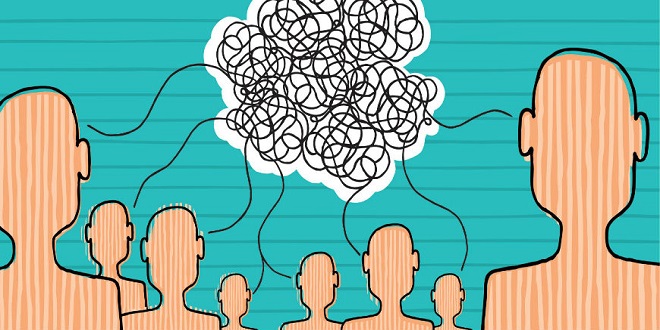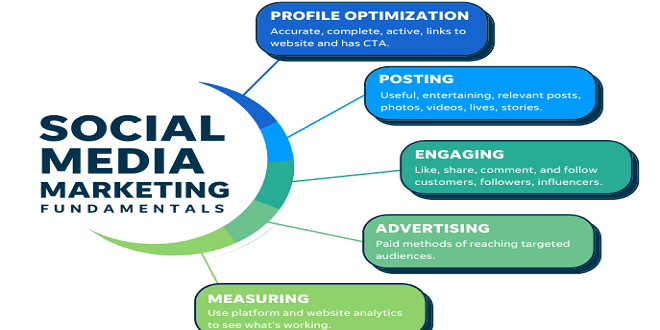Liberal Values and Liberal Education

Fundamental Liberal Values
Although it is, of course, acknowledged that many different versions of liberalism exist, it is not relevant to the purposes of the present chapter to discuss the arguments between these different versions in any detail or to discuss their historical origins. The understanding of liberalism which I shall adopt will be as broad as possible, though it will be necessary to establish the boundaries of liberalism by contrasting it with non-liberal world views such as totalitarianism. The chapter is written in the belief that liberal values are to be found in a wide range of political perspectives from conservatism (in spite of attempts by Dworkin, 1978:136ff, Scruton, 1984:192ff; and others to treat liberalism and conservatism as totally different world views) to certain forms of socialism (cf. Freeden, 1978:25ff; Siedentop, 1979:153). Where it is necessary to concentrate on one typical form of liberalism, I shall focus on the particular strand which can be traced from Kant to contemporary philosophers like Rawls, Dworkin, Hart, Ackerman, and Raz, and in the area of education to liberal philosophers such as Peters, Hirst, Dearden, and Bailey, because this strand seems to me to be the most influential one in contemporary liberal thought.
Rights
Rights are central to liberalism, particularly in its distributive justice mode. They may be analyzed in terms of content, status, origin, context, or the grounds on which they are justified. They are usually prefixed by some sort of defining adjective: moral, political, legal, social, natural, human, constitutional, civil, individual, religious, women’s, children’s, and so on. In this section, however, I shall distinguish only two types of rights, which I shall call moral rights and social rights. By moral rights, I mean those rights without which the three fundamental liberal values cannot be achieved. Examples of these are the right to life itself, the right not to be enslaved, the right not to be brainwashed. These come closest to the status of absolute rights, though there has always been a debate among liberals as to whether there really are any absolute rights (Gewirth, 1984), for it is not difficult to imagine situations where one set of prima facie rights may be in direct conflict with another (Mccloskey, 1985:133ff).
Democracy
The political domain has always been the central arena for liberal debate. Democracy is seen by liberals as the most rational safeguard against tyranny and a way of guaranteeing the equal right of citizens to determine for themselves what is in their own best interests. It provides a clarification of the role of the state and the law (Benn and Peters, 1959; Duncan, 1983). The state is not an end in itself but ‘exists to regulate the competition among individuals for their private ends’ (Strike, 1982b:5). It provides the means of protecting the public interest and ensuring social justice (Miller, 1976). The law exists to maintain order in society, by protecting persons and property (Jenkins, 1980) and to prevent harm (Mill, 1972b). Key liberal causes include human rights, free speech, opposition to censorship, racial equality, and opposition to the enforcement of morality through criminal law (Hart, 1963). The liberal state is expected to show.
Economic Values
Liberal economic theory accepts the holding of private property as legitimate and supports the notion of the free market economy in which free markets provide the goods and services which consumers choose to buy, though the state may intervene to regulate the economy if necessary, to ensure free and fair competition and to prevent harm to others (Ackerman, 1992:9–10; Dworkin, 1978:119; Gaus, 1983: Ch. 7; Koerner, 1985:315f). Liberalism does not, however, require a particular stance with regard to any of the following debates: the debate between those like Hayek (1960) who continue to support the old liberal principle of laissez-faire, and more modern liberals who emphasize the need for tighter government control, for example, in monetary policy or welfare distribution (Freeden, 1978: Ch. 6); the debate between the supporters of capitalist free enterprise like Friedman (1962) and those who wish to see a significant redistribution of wealth and income, for example, by providing a minimum wage or by progressive taxes (Dworkin, 1978:122); and the debate between those who emphasize the need for free enterprise and efficiency, and those who argue for an increase in industrial democracy (Gaus, 1983:257–61). The relevance of economic liberalism to educational issues will be considered later.
The Female Delusion Calculator is a viral phenomenon that has gained traction on social media. It originated as a satirical tool to challenge unrealistic beauty standards and has sparked widespread controversy. The calculator aims to shed light on the societal pressures faced by women and the impact of these expectations on their self-image. Public reaction to the Female Delusion Calculator has been mixed, with some praising its message and others criticizing it for perpetuating negative stereotypes. The controversy surrounding the calculator has sparked important conversations about body positivity and the need for more inclusive representations of beauty in the media.
Summary
Like liberalism, liberal education has a long history and a range of different meanings (Kimball, 1986; Peters, 1977: Chs. 3 and 4). Its roots are often traced to ancient Greece, where liberal education involved the development of mind and the pursuit of knowledge for its own sake (Hirst, 1974a:30–2), and to nineteenth-century thinkers like Mill, Newman, and Arnold, with their emphasis on all-round development, the pursuit of excellence and high culture and their continuing belief the humanizing effect of the liberal arts(R.White, 1986). It is the argument of this chapter, however, that the central strands of liberal education may be best understood in terms of the liberal framework of values outlined above. The vision of education that these values encompass has come to dominate western educational thinking. All the values typically associated with liberal education— including personal autonomy, critical openness, the autonomy of academic disciplines, equality of opportunity, rational morality, the celebration of diversity, the avoidance of indoctrination, and the refusal to side with any definitive conception of the good—are clearly based on the three fundamental liberal values of freedom, equality and rationality, as, indeed, the more recent emphasis in liberal educational thought on democratic values, citizenship and children’s rights. Supporters of liberal education have gone so far as to suggest that it is the only justifiable form of education (Hirst, 1974b, 1985). For them, education is liberal education (Peters, 1966: 43).





